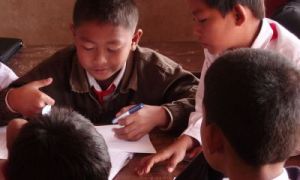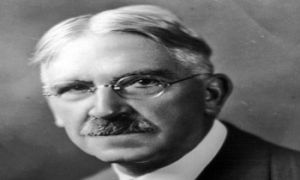Toddlers use language in more sophisticated ways during this phase of their life. This occurs as a toddler has a better grasp of the rules of the language, through increased vocabulary and learning new skills. They are becoming increasingly familiar with the concept of conversation and through play and social interactions it strengthens and improves their verbal skills.
Language Development Milestones
- uses two or three words together, e.g. “go potty now”
- explosion’ of vocabulary and use of correct grammatical forms of language
- refers to self by name and often says ‘mine’
- asks lots of questions
- uses pronouns and prepositions
- uses simple sentences and phrases
- labels own gender
- copies words and actions
- makes music, sings and dance
- likes listening to stories and books
- ask questions beginning with, "Who, What and Where”
- able to say name, surname and how old they are
- use regular plurals and regular past tense correctly (may be a few errors while talking)
- begins to understand vocabulary indicating time, e.g. tomorrow, yesterday, later
- begins to understand and correctly use adjectives depicting size, e.g. small, smaller and smallest
- understands cause and effect relationships
- recognizes and identifies almost all common objects and pictures
- understands most sentences
- understands physical relationships
- can say name, age, and sex
- uses pronouns
- strangers can understand most of words
During this stage, toddlers are interested in conversation. They have developed a better grasp of vocabulary, grammar and sentence structure. Toddler's sentences become longer with more grammatical structure. In particular toddlers will enjoy mixing with other children their own age, even though at times they can't always understand each other.


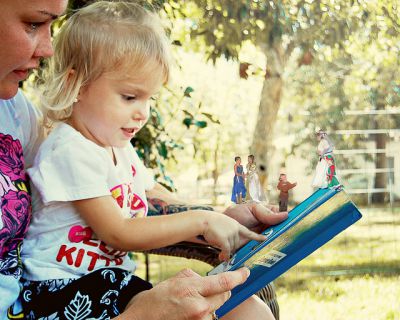
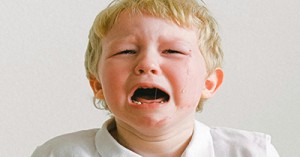
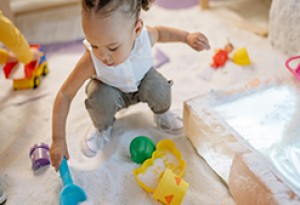
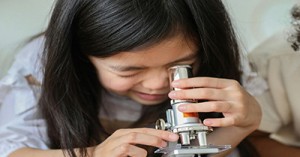
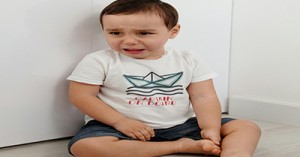
 Toddlers have a greater understanding of the world around them by this stage. Their cognitive development (also known as intellectual development and thinking skills) continues
Toddlers have a greater understanding of the world around them by this stage. Their cognitive development (also known as intellectual development and thinking skills) continues Infants begin to develop trust when parents begin to fulfil their needs. Such as changing an infant's nappy when needed, feeding on request and holding
Infants begin to develop trust when parents begin to fulfil their needs. Such as changing an infant's nappy when needed, feeding on request and holding Beginning at birth the construction of thought processes, such as memory, problem solving, exploration of objects etc, is an important part of an infant’s cognitive
Beginning at birth the construction of thought processes, such as memory, problem solving, exploration of objects etc, is an important part of an infant’s cognitive Toddlers want to do more on their own and do not like it when you begin to establish limits on their behaviour. Tantrums can become
Toddlers want to do more on their own and do not like it when you begin to establish limits on their behaviour. Tantrums can become Your preschooler is now able to focus their attention more accurately and is less influenced by distractions. The intensity of questions increase as your child
Your preschooler is now able to focus their attention more accurately and is less influenced by distractions. The intensity of questions increase as your child John Dewey is often seen as the proponent of learning by doing – rather than learning by passively receiving. He believed that each child was active,
John Dewey is often seen as the proponent of learning by doing – rather than learning by passively receiving. He believed that each child was active, Toddler advance and gains new skills in Gross Motor Development milestones achieved throughout earlier years. Co-ordination and challenges that could not be performed before such
Toddler advance and gains new skills in Gross Motor Development milestones achieved throughout earlier years. Co-ordination and challenges that could not be performed before such Erik Erikson developed a psychosocial theory to understand how we each develop our identities through eight stages of psychosocial development from infancy to adulthood. The
Erik Erikson developed a psychosocial theory to understand how we each develop our identities through eight stages of psychosocial development from infancy to adulthood. The At this point preschoolers begin to interact effectively with others. Play becomes more innovative and organized and “boyfriend” or “girlfriend” begins to emerge. Preschoolers have
At this point preschoolers begin to interact effectively with others. Play becomes more innovative and organized and “boyfriend” or “girlfriend” begins to emerge. Preschoolers have From now, babies begin to identify and respond to their own feelings, understanding other's feelings & needs and interact positively with others. A baby's social and
From now, babies begin to identify and respond to their own feelings, understanding other's feelings & needs and interact positively with others. A baby's social and